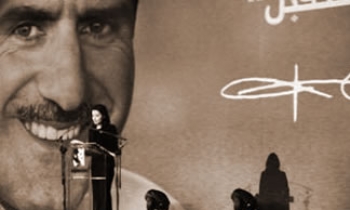Nov. 5 (Bloomberg) -- The man convicted of murdering British Broadcasting Corp. journalist Jill Dando began a second appeal today with his lawyer arguing that vital information used to secure his conviction is ``unsafe.''
``An important plank,'' of the evidence used to convict Barry George in 2001 is unreliable, his lawyer, William Clegg QC, told the Court of Appeal.
Dando presented the news for the BBC and fronted its ``Crimewatch'' and ``Holiday'' programs. The 37-year-old was shot dead on the steps of her home in the Fulham area of southwest London in 1999. There were no witnesses, the weapon wasn't found and no clear motive was established.
George, described by his lawyer today as a ``fantasist'' with learning difficulties, was arrested a year after, found guilty and sentenced to life in prison in 2001. He lost his first appeal in 2002 and has maintained his innocence throughout.
This second appeal by George is taking place because of a recommendation earlier this year by the Criminal Cases Review Commission, the U.K. public body responsible for examining potential miscarriages of justice.
The only scientific evidence against George was a speck of residue from the discharge of a gun found in an inner pocket of his overcoat, Clegg told the court. The commission recommended the review of this evidence.
Contamination
Tests on the coat following the conviction found another similar particle on the outside of the coat, Clegg said. Had the particle come from the shooting, it couldn't have survived on the outside of the coat for more then 10 hours, Clegg said. This suggests that both particles came from contamination in the police laboratory, not from the murder weapon, he said.
If George's conviction is overturned he could face a retrial. At the 2001 trial, defense lawyer Michael Mansfield argued that Dando may have been killed by a Serbian hit man in revenge for a television appeal she made for Kosovo refugees.
Clegg today said that his client's intellect was ``in the borderline range.''
``He suffers from epilepsy and has severe cognitive impairment,'' his lawyer said. ``He has a tendency to fantasize and was on record as claiming to be related to Freddie Mercury and having served in the SAS.''
The prosecution will present its arguments later in the trial, which has been scheduled to last three days.
To contact the reporter on this story: James Lumley in London at jlumley1@bloomberg.net .









